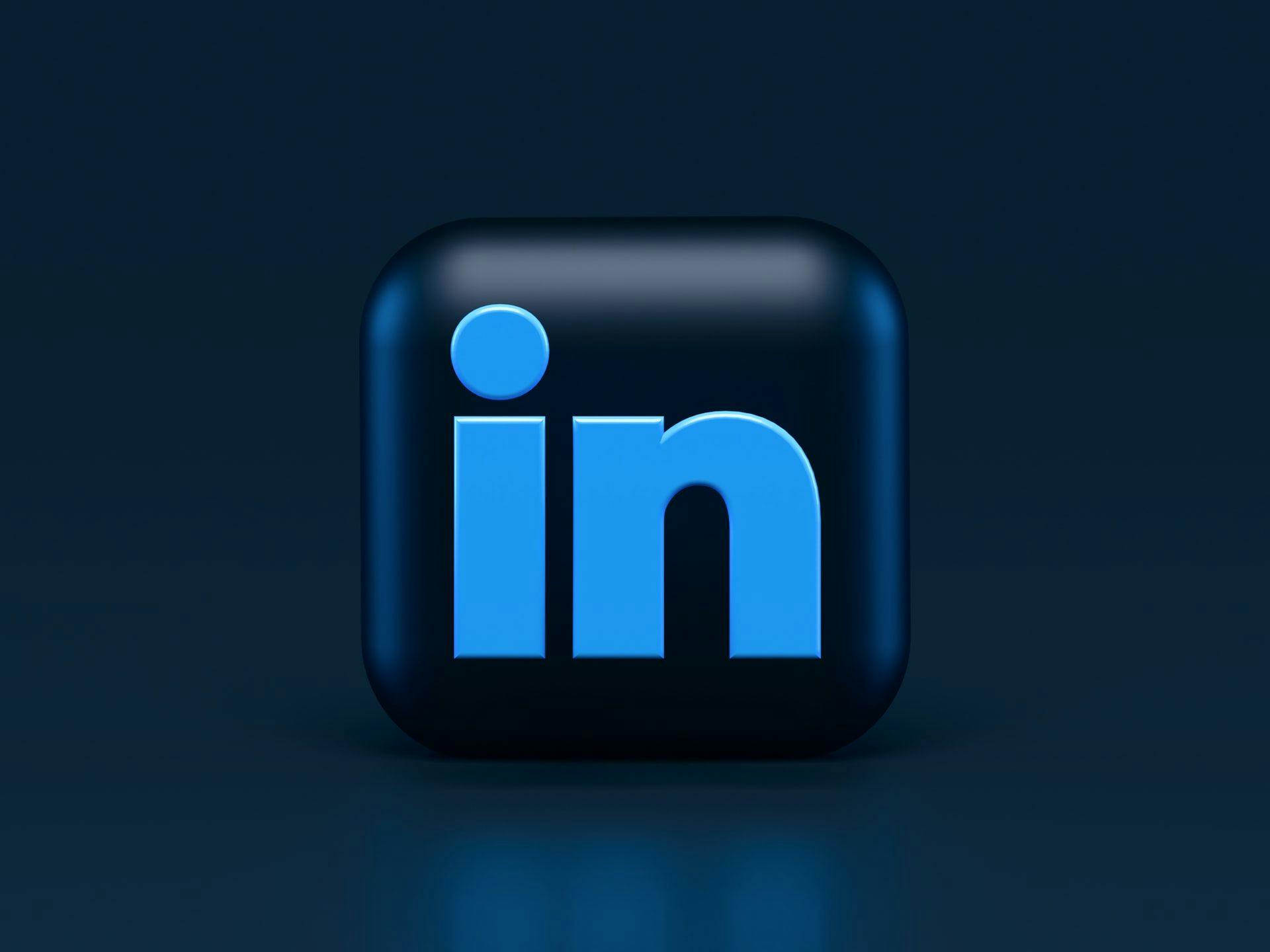191 reads
5 Proven Ways to Improve your LinkedIn Marketing Strategy
by
July 18th, 2021

Syed Balkhi is the founder of WPBeginner, the largest free WordPress resource site.
About Author
Syed Balkhi is the founder of WPBeginner, the largest free WordPress resource site.
